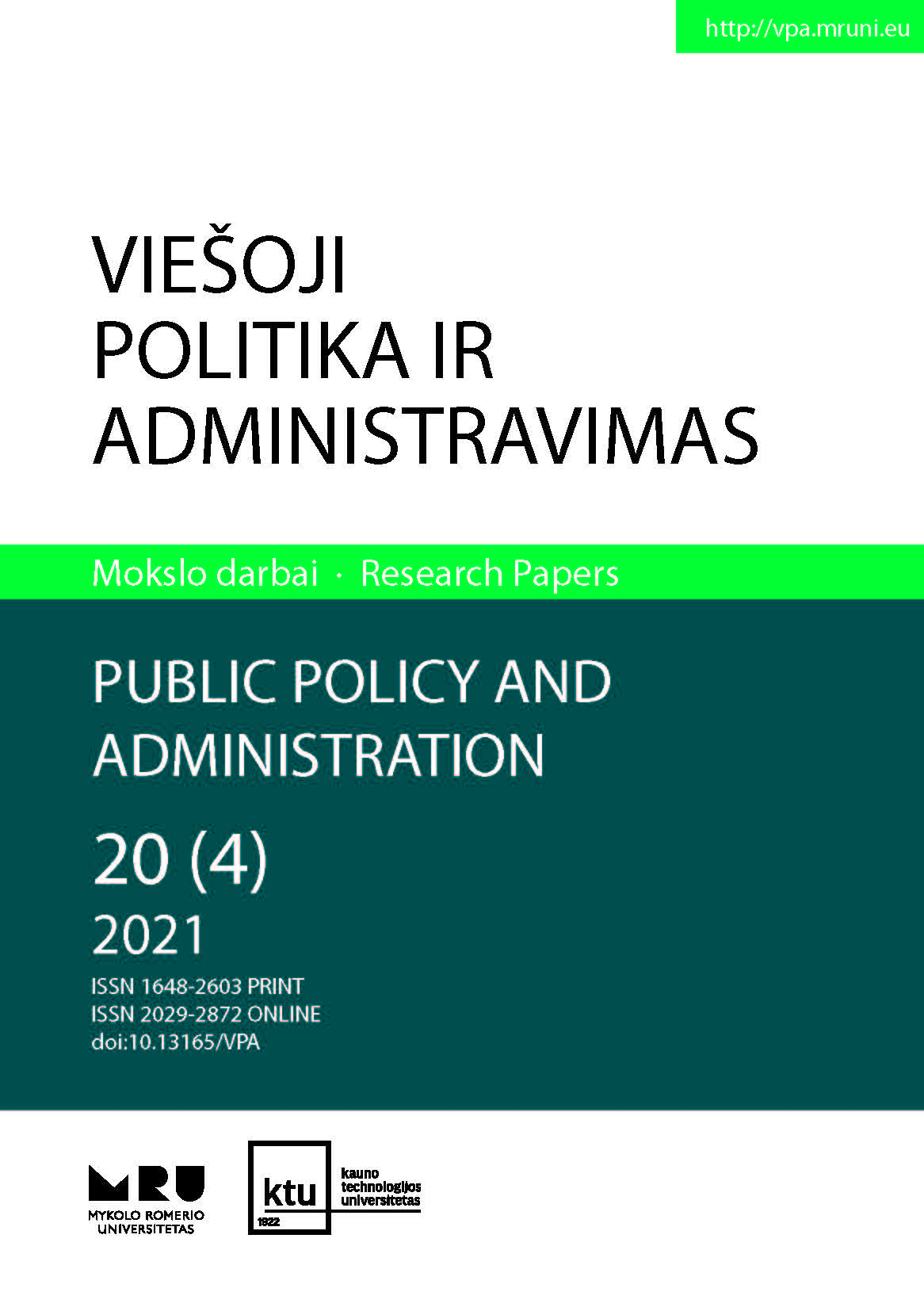CORRUPTION PREVENTION BASED ON THE PRINCIPAL-AGENT APPROACH AND GAME THEORY USING ICT: THE CASE STUDY OF KAZAKHSTAN
CORRUPTION PREVENTION BASED ON THE PRINCIPAL-AGENT APPROACH AND GAME THEORY USING ICT: THE CASE STUDY OF KAZAKHSTAN
Author(s): Aisulu Nurkey, Aigul Kosherbayeva, Didar Yedilkhan, Nurzhan KuandykovSubject(s): Public Administration, Corruption - Transparency - Anti-Corruption
Published by: Mykolas Romeris University
Keywords: corruption prevention; information and communication technologies; agent-principal theory; game theory; anti-corruption; economics;
Summary/Abstract: Corruption is one of the most dangerous phenomena in many developing countries, including Kazakhstan. The negative effect of corruption can be felt directly or indirectly by all residents, largely due to the negative impact on the country’s economy. The principal-agent model, where one party supplies a bribe and the other party accepts it, can be applied to almost all corruption offenses. At the same time, the interests of both parties are taken into account and can be calculated numerically when using this model. In the modern world, indicators within this model can be influenced by specific tools that reduce the risk of a corruption case, including cases when information and communication technology (ICT) is used. ICT, by the power of its capacity to control, trace, report, examine, and distribute enormous quantities of information, may encourage nations to identify and detain criminals, and prevent ultimate fraud.
Journal: Viešoji politika ir administravimas
- Issue Year: 20/2021
- Issue No: 4
- Page Range: 530-542
- Page Count: 13
- Language: English

